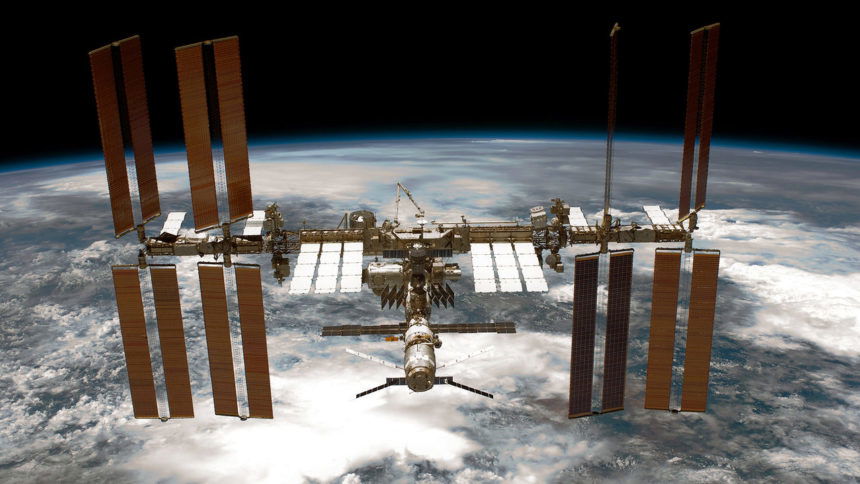El Paso scientists team up for heart research project at the International Space Station

EL PASO, Texas -- Biomedical research scientists from Texas Tech University Health Sciences Center El Paso and The University of Texas at El Paso are partnering up to send "artificial mini-hearts" to the International Space Station to better understand how microgravity affects the function of the human heart.
The three-year project, funded by the National Science Foundation (NSF) and the space station's U.S. National Laboratory, brings together TTUHSC El Paso faculty scientist Munmun Chattopadhyay, Ph.D., and UTEP biomedical engineer Binata Joddar, Ph.D. The researchers will collaborate in their Earth-bound labs to create tiny (less than 1 millimeter thick) heart-tissue structures, known as cardiac organoids, using human stem cells and 3D bioprinting technology.
By exposing the organoids to the near-weightless environment of the orbiting space station, the researchers hope to gain a better understanding of a health condition known as cardiac atrophy, which is a reduction and weakening of heart tissue. Cardiac atrophy often affects astronauts who spend long periods of time in microgravity. A weakened heart muscle has difficulty pumping blood to the body, and can lead to problems such as fainting, irregular heartbeat, heart valve problems and even heart failure. Cardiac atrophy is also associated with chronic disease.
The first year of the project, which began in September, will focus on research design. During this phase, Dr. Joddar will use 3D printing to fabricate the cardiac organoids by coupling cardiac cells in physiological ratios to mimic heart tissue. The second year will be centered on preparing the organoid payload for a rocket launch and mission in space. The third and final year of the research will involve analyzing data from the experiment after the organoids are returned to Earth.
The project will also provide an educational opportunity for the El Paso community, with a workshop for K-12 students to learn about tissue engineering projects on the space station. It will also include a seminar for medical students, interns and residents about the benefits and challenges of transitioning research from Earth-based laboratories into space.
